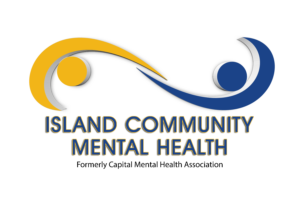Borderline Personality Disorder and Recovery, two inspiring personal accounts of the experience of recovery from BPD
CMHA was inspired by the following accounts of individuals with Borderline Personality Disorder.
Below are snippits of their stories with a link to view the rest:
This was my initial reaction when I first learned that I have commonly misunderstood mental illness called Borderline Personality Disorder (BPD). Unlike, Depression, Schizophrenia or Bipolar Disorder few people have heard of my illness and it is only just beginning to come into the light as far as advocacy and awareness are concerned.
I am among the many millions of people with this disorder (2-3% of the population). Like Schizophrenia, BPD is a devastating mental illness and is usually diagnosed in adolescence or early adulthood. In my case, it struck very young, probably around puberty, but I was not diagnosed until twenty six years of age. For more than ten years of my life I struggled to get well. It has only been in the last four years that I have found true health and wellbeing. I am doing wonderful now!
There were many times when I honestly thought I would never get better…Don’t Call Me Borderline
Sarah’s Story
Hi, I’m Sarah Moir, President and Founder of Crazy Daisy. I have suffered from a mental illness most of my life. I allowed my life to be defined by it for almost 20 years. I have Borderline Personality Disorder (BPD). It is one of the more stigmatized psychiatric conditions– even within the medical community. Although there is no cure, recovery is possible. I have struggled, I do struggle and I will struggle.
The easiest way to explain BPD is to compare it to hemophilia – the slightest emotional scratch can cause me to bleed to death, figuratively. I feel emotions more intensely, harder and faster then most. They can also last a long, long time. I can’t just “snap out of it.”
I had a happy childhood and a wonderful, loving family…Sarah’s Story- Crazy Daisy



